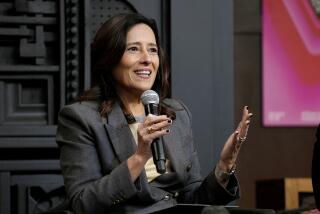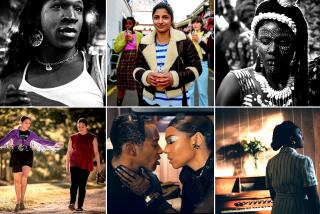Paul Dano takes on his newest role, director, with cowriter Zoe Kazan on ‘Wildlife’
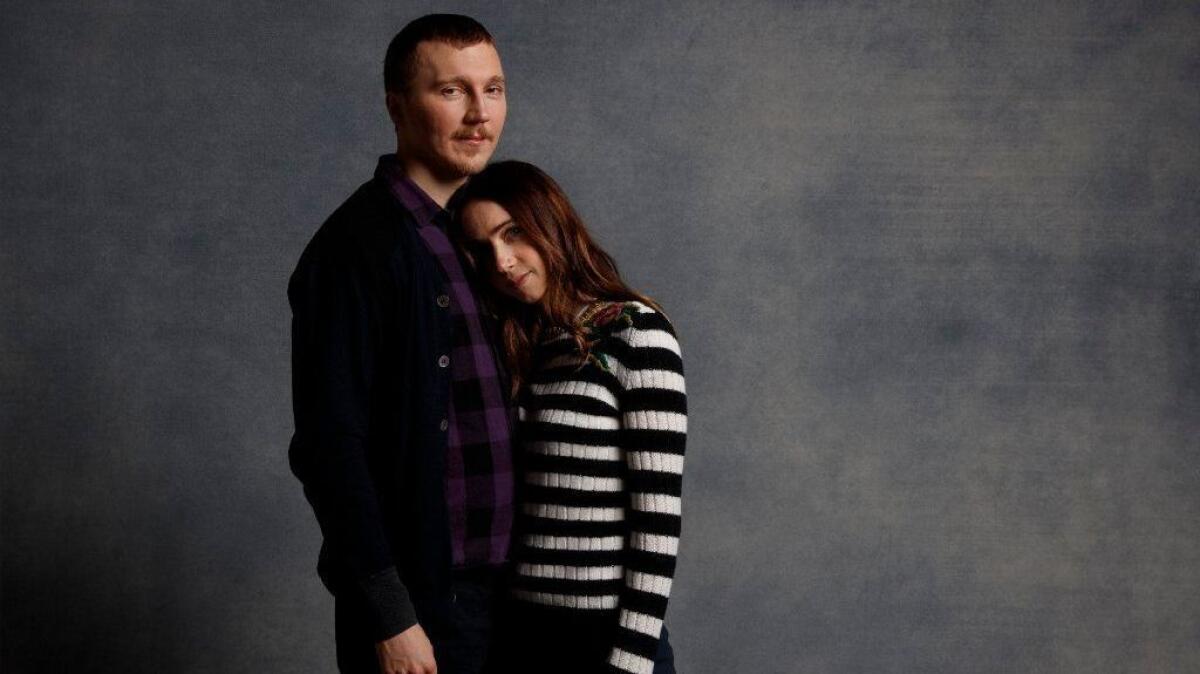
One of the premier shapeshifters of his generation of actors, able to convincingly play an uncanny variety of characters, Paul Dano would seem to have slipped easily into yet another role: that of accomplished director.
Co-scripted by Dano’s writing and romantic partner — actor Zoe Kazan (of “The Big Sick”) — “Wildlife” is debuting Saturday at Sundance in the festival’s dramatic competition. But though it’s an impeccably made, beautifully restrained emotional drama, almost nothing about it came easily or worked out the way Dano expected.
“As a first-time filmmaker, I definitely didn’t anticipate how much determination — really committing yourself — it takes just to get to the first day of photography,” Dano said in a quiet moment before the film screened. “We fought like hell and we got there.”
“It was a crazy thing to do and I can’t wait until I do it again.”
Based on the Richard Ford novel, it’s the story, set in 1960 Montana and seen through the eyes of a 14-year-old son, of a marriage that unexpectedly begins to disintegrate when the husband impulsively goes off to fight a forest fire.
Faultlessly directed, it is graced by resonant performances from Carey Mulligan and Jake Gyllenhaal as well as young Ed Oxenbould as the watchful boy.
Dano, best known for his roles in everything from the Sundance-launched “Little Miss Sunshine” to a young Brian Wilson in “Love and Mercy” and Pierre in the “War and Peace” miniseries, says “making a film is something I have wanted to do, been pining to do for a long time.”
“When I read the novel in 2011 I told Zoe about it right away. I read it several more times that year and I felt there was a film there for me.”
What Dano was drawn to were two things, starting with the novel’s concern with the nature of family. “It somehow captured how family is one of the the greatest sources of love and a source of struggle, of pain,” he says. “That is confounding, moving, mysterious. The way that was beautifully rendered in the language of the book spoke to me so much.”
Dano was also partial to Ford’s restrained, crystalline prose style. “If I could be a writer, that’s how I’d want to write,” he says. “I told someone on the crew it’s like sushi: it looks really simple but it’s really hard.”
Though they weren’t necessarily planning on adapting, Dano and Kazan bought the rights from Ford themselves. But because “images were starting to take hold in my head,” Dano wrote a very long draft screenplay. “I secretly thought it was very good. I gave it to Zoe, and she tore it apart.”
“We had a massive kind of fight about it, I was saying things like ‘this is not a screenplay,’” reports Kazan, joining the conversation.
“We had to stop after a few pages, I said ‘I think I should do a pass at it.’ Paul had done a tremendous amount of work, pulling key scenes. What I felt myself doing was a lot of reordering, creating a cinematic structure.”
FULL COVERAGE: Sundance Film Festival 2018 »
Thus began what Kazan describes as “a very long, arduous process” of the two taking turns doing drafts while the other one was off acting.
“I did a pass while Paul was shooting ‘Prisoners’ — when I did ‘Olive Kittredge’ he did a draft. Sometimes we let it go fallow, we decided to leave it alone for a bit.” Adds Dano, “We traded back and forth, we did notes together, but we never wrote together.”
Perhaps because he knew that casting the boy “could be a long and scary process,” Dano decided to cast the adults first, a process that turned into something of a family affair.
Carey Mulligan and Kazan were friends, having appeared on Broadway together in a production of Chekhov’s “The Seagull.”
“She’s an actor of so much maturity and poise, to give her a part where she gets to be thrown off balance, you might get something interesting,” Dano says. “When an actor is most challenged, you get their best work.” He sent Mulligan the script and she accepted within 12 hours.
The director, as it turns out, had first met Gyllenhaal at Mulligan’s wedding and had co-starred with him in Denis Villeneuve’s “Prisoners.”
Because the husband is gone for a chunk of the film, Dano wanted someone “who can fill the screen, so when they leave that vacancy is really felt.
“And Jake had been so brilliant, so committed to going to extremes in films like ‘Nightcrawler,’ I thought he might be interested in doing something simple and American.”
Casting Oxenbould as the boy, the character who “has to be the window for the audience,” also turned out to be simpler than anticipated.
“I saw lots of kids, but he’s Australian so he sent a tape in, including a scene near the end set in a bar. There was a moment on the tape where if I could have put it in the actual film I would have.
“Ed is a very self-possessed, confident kid, without a question a person who can handle the spaces between lines. His character is making choices, and you really see his thoughts.”
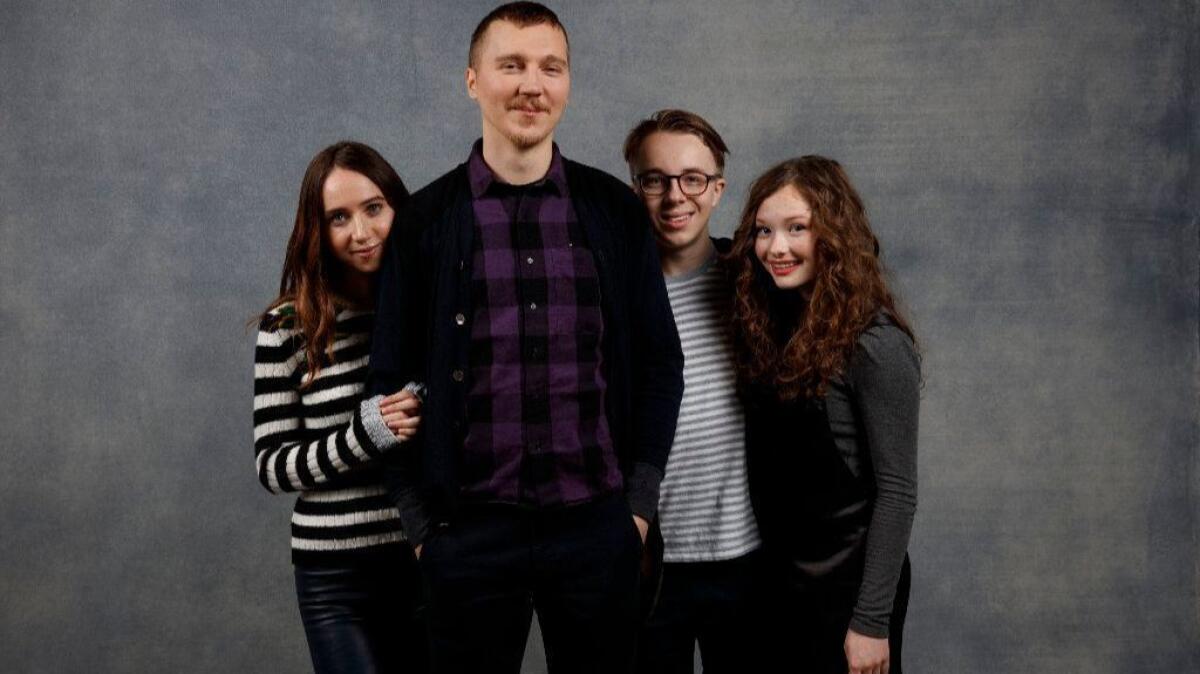
Though shooting had its frustrations for Dano — “learning to compromise was the hardest part,” he says — he relished the opportunity to create a strong creative community.
“One of the greatest feelings is that you’re putting people together and creating a family. That coming together to make something with you is a big feeling and I’m incredibly grateful for it.”
Kazan rejoined the process during the editing, a phase so crucial neither she nor Dano took any acting work for the six months it took.
“I shot a fair amount of footage, I wanted to give the actors a chance to fully explore their characters, but wading through it all inherently took time, you could get lost in the footage,” Dano says. “Having Zoe come in a few times a week was really a gift.”
The decision to take all that time to make the film their way turned out to be a gift as well.
“There were times when I was so frustrated I just wanted to go out and make it, but I’m glad I didn’t. Three years ago it would have been a different film. We allowed it to shed a lot of skins.
“More than me telling it what to do, I allowed the film to speak to me more. We just let it become itself.”
See the most-read stories in Entertainment this hour »
2018 Sundance Film Festival

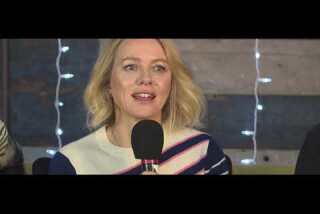
Video: Adapting 'Hamlet' for a woman's point of view in 'Ophelia'
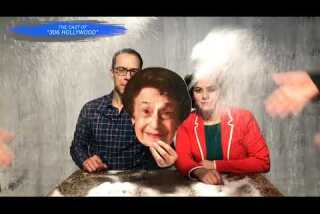
Video: 2018 Sundance Film Festival Boomerangs
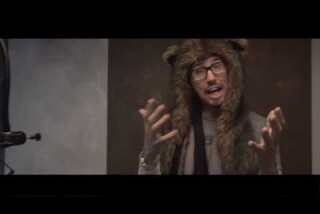
Video: A behind-the-scenes look at the 2018 Sundance L.A. Times photo/video studio
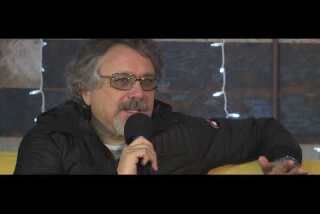
Video: The Kronos Quartet premieres its live documentary
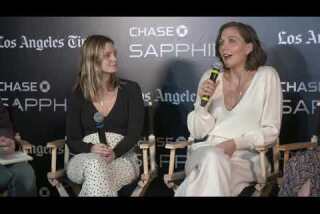
"The Kindergarten Teacher" shows something many movies don't
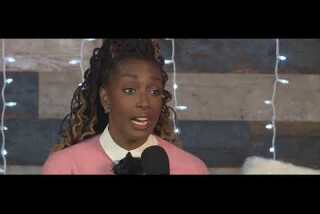
Video: Filmmakers share thoughts on the future of women in film, the U.S. and storytelling
More to Read
Only good movies
Get the Indie Focus newsletter, Mark Olsen's weekly guide to the world of cinema.
You may occasionally receive promotional content from the Los Angeles Times.

